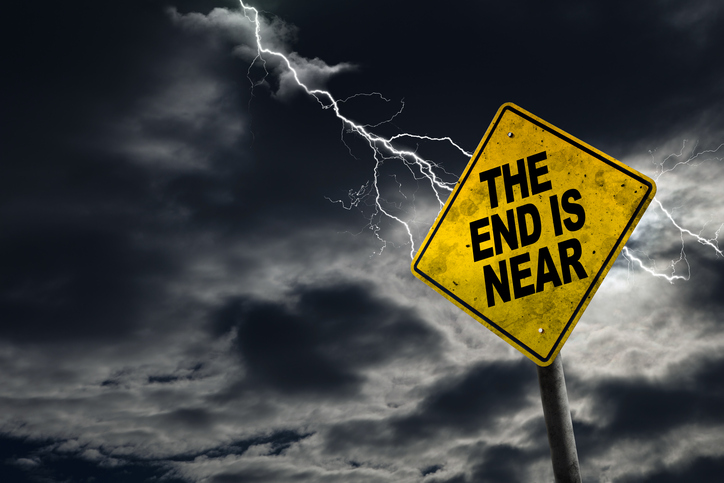Making use of hospice care before death could be highly beneficial.
What do you think of when you hear about hospice care? If you are like most Americans, you think of hospice as just for those who are actively dying. Yet making use of hospice care long before death is something that could be highly beneficial. Hospice is designed to provide relief from symptoms such as nausea, pain and anxiety. Most of the time the care is provided at home, which is where most people want to die. The Chicago Tribune reports that the average length of hospice care is only thirteen days.
Healthcare professionals should consider referring dying patients to hospice care sooner. Hospice provides important services such as pain management, medication, supplies, and counseling. It alleviates the need to continue visiting medical professionals for care as hospice brings them to you. This can be useful in the final months and even year of life, rather than days.
The National Hospice and Palliative Care Organization states that most private insurances provide coverage for services including Medicare. In order to qualify for hospice and for Medicare coverage, the patient must be terminally ill with a life expectancy of 6 months or less if the illness runs its normal course. Once a patient qualifies for hospice, there needs to be notable decline in order to stay on hospice. We have witnessed some patients actually become healthier once hospice is involved, when all of their usual medications are discontinued. We also are cognizant that not all patients are emotionally ready as hospice signifies the end of life. Not everyone is comfortable acknowledging or accepting that death is imminent.
Studies have found that within the six months before dying, certain symptoms made people’s ability to perform daily tasks harder. Yet in the final year of life, the study showed that only 43 percent of participants had utilized hospice care. Dr. R. Sean Morrison, the Department of Geriatric and Palliative Medicine at New York’s Icahn School of Medicine, thinks this is a communication problem, not a need problem. He says millions of Americans could benefit from hospice care, and not just at the very end.
We agree.


